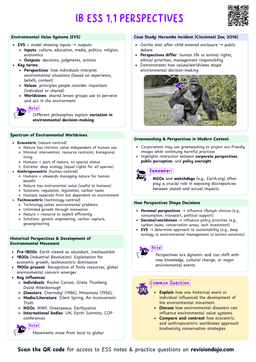Rapid Human Population Growth Has Increased Stress on the Earth's Systems
Rapid human population growth has significantly increased stress on Earth's systems, leading to concerns about sustainability and resource management.
Current projections and models, such as the United Nations' population forecasts and the Doughnut Economics framework, provide insights into these challenges.
Population Projections
According to the United Nations' long-range population projections, the global population is expected to undergo the following changes:
- By 2075: The world population is projected to peak at approximately 9.22 billion.
- Post-2075: After reaching this peak, a slight decline is anticipated, followed by a gradual increase, with the population stabilizing around 8.92 billion by 2300.
These projections are based on assumptions about future fertility rates, mortality rates, and other demographic factors.
Factors Influencing Population Projections:
Several factors can influence these population projections:
- Fertility Rates: Variations in birth rates due to cultural, economic, and policy changes can significantly alter population growth.
- Mortality Rates: Improvements in healthcare and living conditions can decrease death rates, affecting overall population size.
- Migration Patterns: Immigration and emigration can impact regional population dynamics.
- Policy Interventions: Government policies on family planning, education, and economic development can influence demographic trends.
Increased Stress on Earth's Systems
The burgeoning human population intensifies stress on Earth's systems, leading to:
- Resource Depletion: Overconsumption of natural resources like water, minerals, and forests.
- Environmental Degradation: Increased pollution, loss of biodiversity, and habitat destruction.
- Climate Change: Elevated greenhouse gas emissions contributing to global warming.
Biocapacity Disparity and Planetary Boundaries
Biocapacity
Biocapacity is the capacity of a biologically productive area to continuously provide renewable resources and assimilate the waste generated by human activities.
- Crossing planetary boundaries, thresholds in processes like carbon emissions and nitrogen cycles which can result in irreversible environmental damage.
- The Doughnut Economics model emphasizes the importance of operating within these limits while ensuring social equity.
Doughnut Economics model
The Doughnut Economics model, proposed by economist Kate Raworth, offers a framework to address these challenges by balancing human needs with planetary boundaries.


